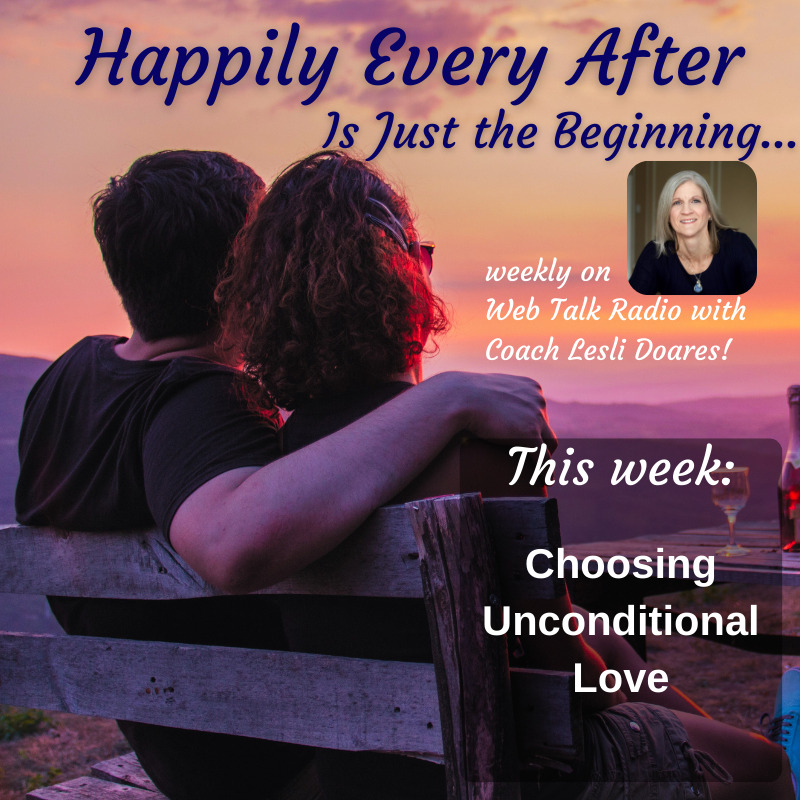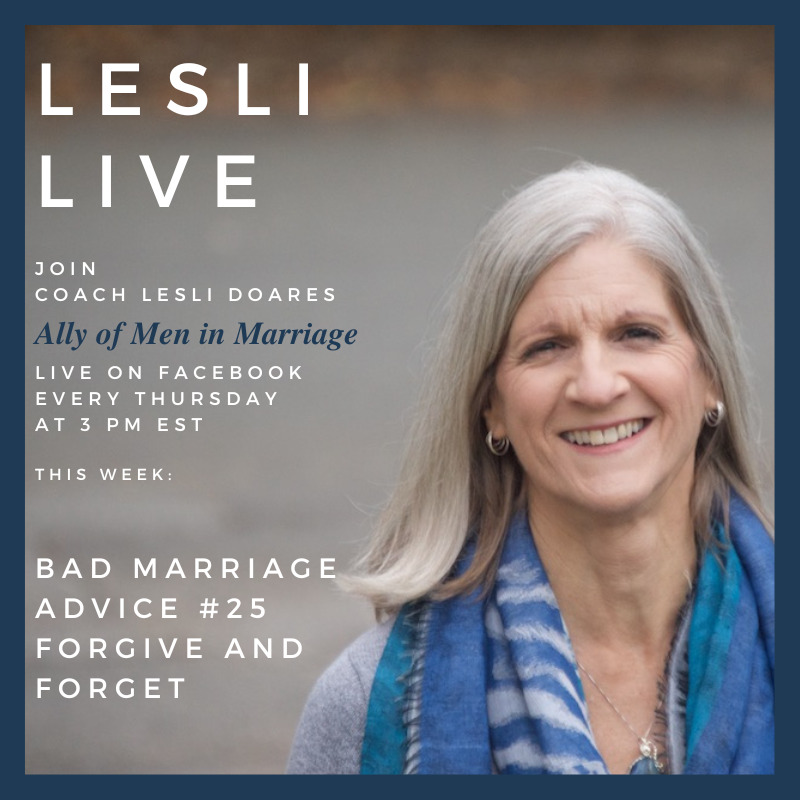While forgiveness is both important and necessary for a healthy marriage, it’s not as simple as this expression implies. Forgiveness is a process and cannot be rushed. In addition, it may not be possible or even desirable to “forget” an incident that requires forgiveness.
Depending on how emotionally damaging the event is, “forgetting” about it may be too big of an ask. The best that might be hoped for is to move through it and eventually have it become part of the past. But specific steps need to be taken for that to happen.
First, real accountability for the harmful event must happen. This requires both a clean and specific apology. This means acknowledging the particular action or actions that caused the hurt without any explanation or justification for why it happened.
Second, real behavior change regarding the damaging behavior must occur and be sustained. This part is what makes moving past the harmful event possible.
“Forgetting” about behavior that did harm opens the door for it to happen again. You both need to remember enough of what happened to protect your marriage from similar behavior in the future.
When these steps are followed and real healing and forgiveness have occurred, the incident can then really become part of the past. And that’s why the process can’t happen too quickly.
No, You Never “Have” to Act Poorly
Have you ever found yourself feeling unfairly attacked and feel like you “have” to defend yourself? That you need to go toe to toe with someone and then try to justify your behavior when it doesn’t go the way you planned? Maybe it’s happened in your marriage, in your...
Do You Have What It Takes to Be a Leader in Your Marriage?
In the first two days of the new year, I received seven inquiries about marriage help. That included on New Year’s Day. And it was a weekend. So starts the annual rush for marriage professionals and divorce attorneys. Maybe you’re considering reaching out to one or...
What a 360 Review of Your Job as a Husband Could Reveal
Another year is drawing to a close. It’s the time when a lot of companies are evaluating the performance of both their overall business and that of individual staff members. The answers will determine what bonuses, raises, promotions, layoffs, and even terminations...
This is why the corollary to “forgive and forget”, time heals all wounds is equally problematic.
Time without taking any restorative action does nothing except make you older. It won’t make your relationship better.
Following either of these cliches can put undue pressure on the hurt spouse to move forward before they are ready. This sends the pain underground where it can continue to create pain and heartache.
And that’s where the real problem with these suggestions lies. The rush to move past the hurt before it is adequately and completely addressed because it makes life easier for the person responsible for the hurt.
Instead of the focus being on your hurt spouse, it is on you and your discomfort.
And the more this happens, the more damage is being done. Even if neither of you are aware it’s going on.
It is possible to forgive and move on, but it may take more time than either of you anticipate. So these platitudes can seem enticing. But a better option would be to do the work to really heal the hurt, not just put a band-aid on it.
The quality of your relationship depends on it.
If there is unresolved hurt in your marriage and you want to heal it once and for all, schedule your 5 Star Relationship Call with me today.
Around the Web This Week

CHOOSING UNCONDITIONAL LOVE
Betsy Wurzel walks through her journey to “deep, unconditional soul love connection” to her husband and reveals how much she received in return.
BAD MARRIAGE ADVICE #25: FORGIVE AND FORGET









